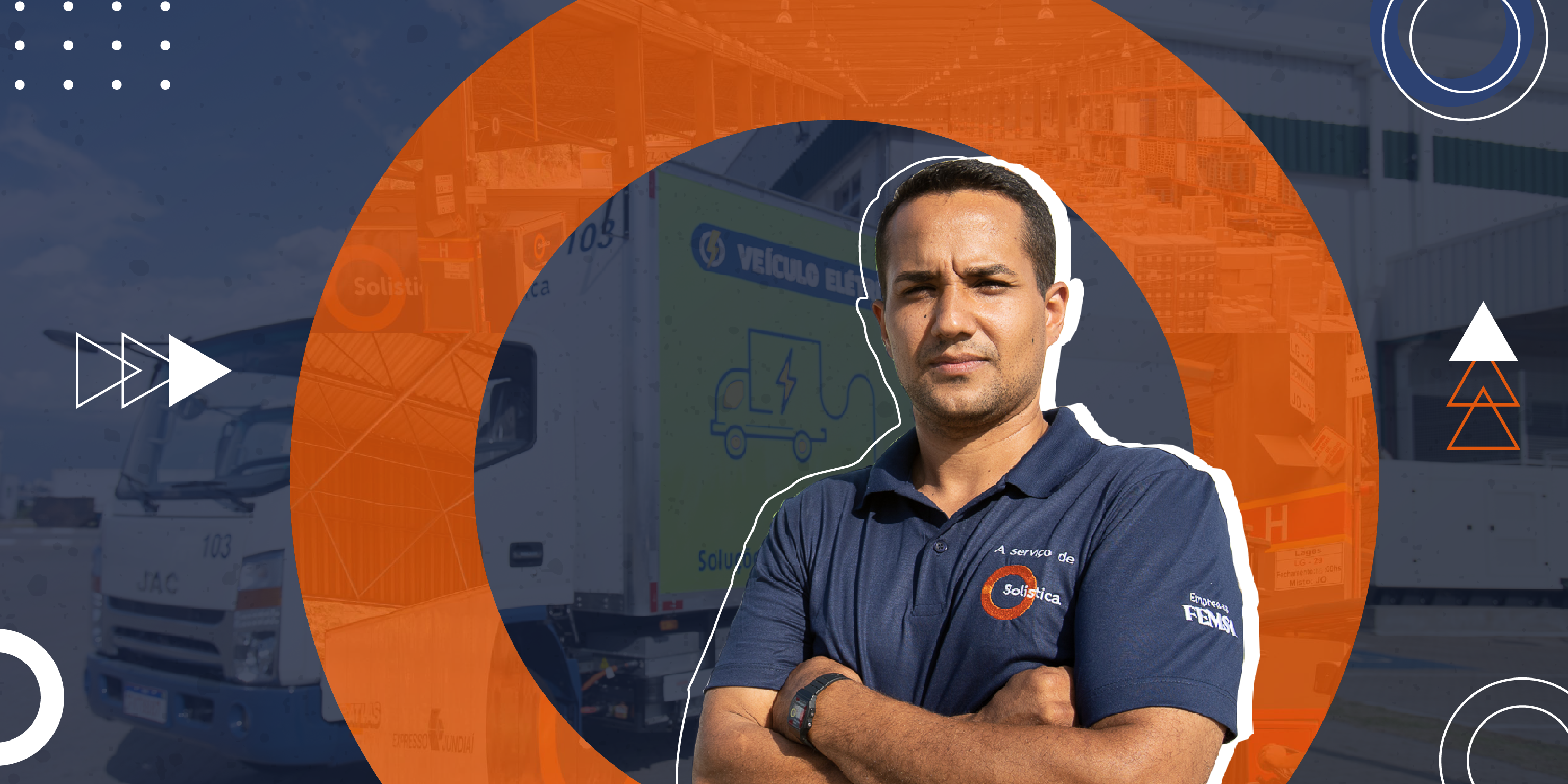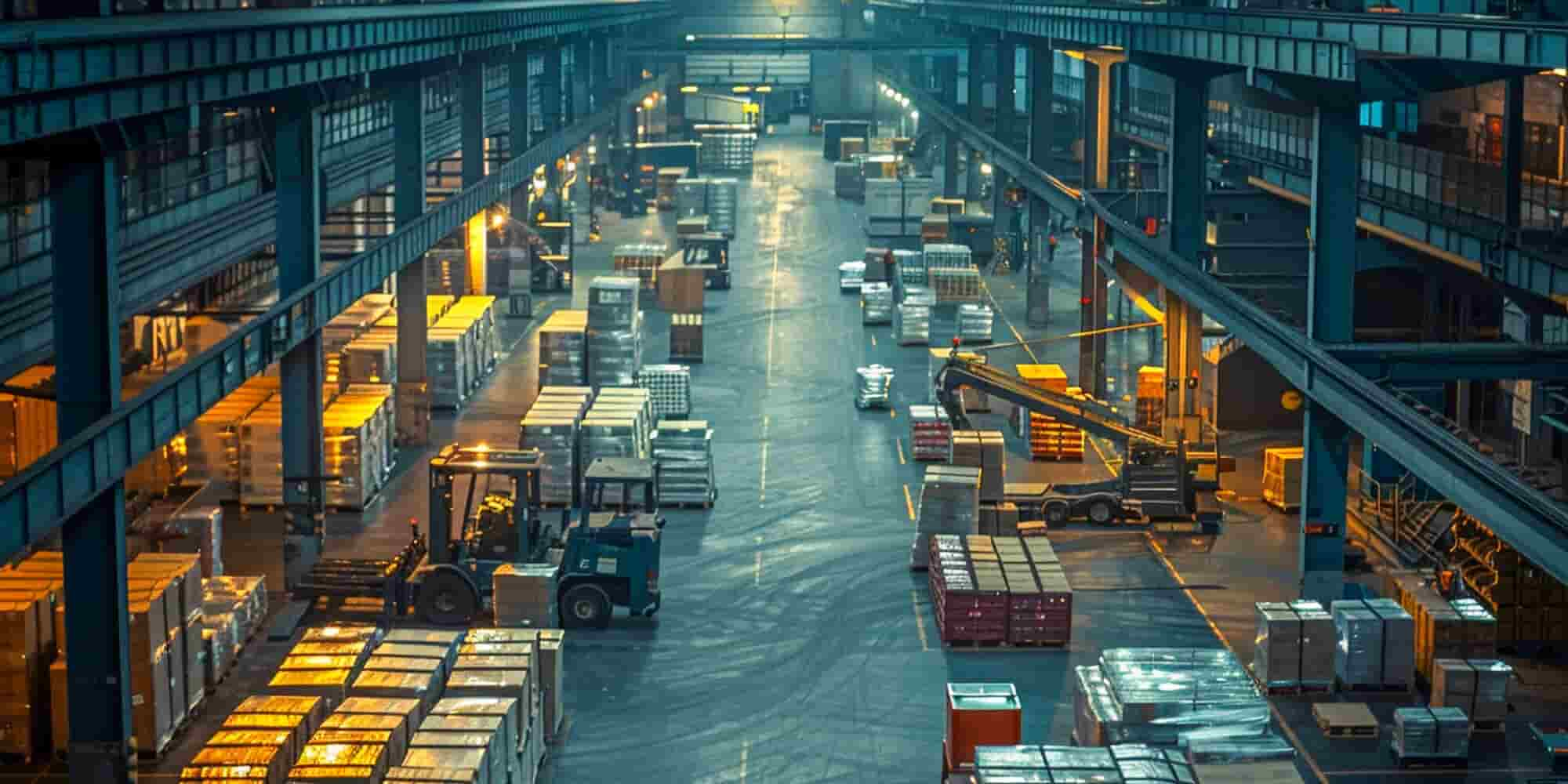Over the past decade, the international logistics landscape has experienced a series of major upheavals that have shaken its fundamental pillars and tested the resilience of global supply chains. These geopolitical challenges have emerged as powerful and disruptive forces that have left an indelible mark on global trade.
Firstly, trade disputes, sanctions, and tariff measures have created an environment of constant uncertainty in which companies are forced to quickly adapt to changing rules of the game. This has led to the need to rethink business strategies, explore new transport routes, and diversify suppliers to reduce vulnerability to potential disruptions.
On the other hand, Brexit, the historic exit of the United Kingdom from the European Union, has brought additional complexity to global logistics. The redefinition of trade and customs relations between the UK and the EU has generated a series of logistical obstacles, from border controls to additional documentation requirements. This has increased operational costs and delivery times, affecting the efficiency of supply chains that extend across Europe.
Last but not least, the COVID-19 pandemic has been a powerful catalyst for disruption in international logistics. Travel restrictions, border closures, and disruptions in production and transport have wreaked havoc on supply chains, revealing the inherent fragility of a highly interconnected global network. Companies have been forced to rethink their inventory strategies, adopt real-time tracking technologies, and strengthen risk management to cope with the unforeseen impacts of the pandemic.
In this article, we will delve into the multifaceted impact of these geopolitical challenges on global logistics. In addition, we will analyze innovative and robust strategies to face growing geopolitical instability and ensure the resilience of supply chains in a world characterized by uncertainty and constant change.
Trade Tensions: A Permanent Reality
The Conflict Between the United States and China
One of the most significant challenges in international logistics has been the rise in trade tensions between two economic giants: the United States and China. Since 2018, both nations have been embroiled in a tariff war, imposing reciprocal levies on billions of dollars in products. According to the World Trade Organization (WTO), in 2019 alone, tariffs between these two powers affected more than $700 billion in goods.
Business Responses to Trade TensionsTo address this new reality, companies have been forced to reconsider their supply chain strategies:
- Diversification of Suppliers and Routes
Companies are diversifying their suppliers and transport routes to avoid getting caught in the dispute. Over-reliance on a single supplier or transport route can be risky in such a volatile environment. - Relocation of Production
To minimize risks related to the trade war, some companies have moved part of their production out of China to Southeast Asian countries. This strategy allows them to maintain a more stable and adaptable supply chain. - Investment in Supply Chain Innovation
Companies are investing in advanced technologies, such as artificial intelligence and automation, to cope with disruptions. These tools allow them to anticipate and respond to supply chain problems more efficiently.
Brexit and its Implications
A New Chapter in European Logistics
Another geopolitical milestone that has affected international logistics is Brexit, which came into effect in January 2020. The UK's exit from the European Union has resulted in the reimposition of customs controls and trade regulations between both parties, leading to significant delays, especially at ports and border crossings.
Strategies for Dealing with BrexitTo deal with the consequences of Brexit, companies have had to take additional measures:
- Renegotiation of Trade Agreements
Companies are actively seeking to renegotiate trade agreements with the UK to reduce export and import obstacles. These agreements are crucial for streamlining the flow of goods. - Diversification of Transport Routes
To avoid congestion at UK ports, companies are diversifying their transport routes. This allows them to maintain a fluid supply chain amid the new post-Brexit reality. - Innovation in the Supply Chain
The implementation of advanced technologies for border management and shipment traceability is essential for overcoming Brexit challenges. These technologies help streamline customs procedures and reduce delays.
The COVID-19 Pandemic: A Turning Point
An Unprecedented Global Crisis
The COVID-19 pandemic has been an unprecedented geopolitical challenge for international logistics. Border closures, mobility restrictions, and production disruptions led to a drastic contraction in global trade. The World Trade Organization estimated a 5.3% drop in world trade in 2020, the worst performance since 2009.
Business Responses to the Pandemic
In the face of this global crisis, companies have implemented various strategies:
- Diversification of Suppliers and Routes
The diversification of suppliers and transport routes has become essential to reduce dependence on specific regions and ensure a constant supply of products. - Flexibility and Interoperability
The flexibility and interoperability of logistics networks have become key priorities. Companies are adopting technologies that allow them to quickly adjust their operations to changes in demand or supply, improving their ability to respond to disruptions. - Smart Technology
Investment in smart technologies, such as artificial intelligence and blockchain, has proven crucial for optimizing logistics operations and increasing supply chain visibility. These tools help anticipate and mitigate supply chain problems.
Solistica: An Exemplary Response to Geopolitical Challenges
Solistica, a leading company in logistics solutions in Latin America, has demonstrated a remarkable ability to face geopolitical challenges. Its strategies include: - Diversification of Suppliers and Routes
Solistica has established relationships with a wide network of suppliers and transport routes, reducing its dependence on any specific region or supplier. This diversification provides it with greater resilience in times of uncertainty. - Flexibility and Interoperability
The company has invested in technologies and processes that allow it to quickly adapt to changes in demand or supply. This flexibility allows it to adjust its operations according to circumstances, improving efficiency. - Smart Technology
Solistica has implemented advanced technologies, such as artificial intelligence and blockchain, to optimize its operations and increase visibility of its supply chain. These tools allow it to make informed decisions and anticipate problems. - Government Relations
The company maintains strong relationships with governments and regulators, allowing it to anticipate regulatory changes and navigate regulatory obstacles effectively. This collaboration with authorities is essential for smooth operation. - Contingency Plans
Solistica has developed robust contingency plans to respond to supply chain disruptions. These plans give it a competitive edge by ensuring the continuity of its operations. - Towards a More Resilient Future
In the current landscape of international logistics, geopolitical uncertainty is a constant reality. Companies must be agile, resilient, and innovative to survive and thrive in this environment of accelerated changes in global trade. Despite the challenges, geopolitical instability can also open new opportunities for those who adapt intelligently.
In summary, the international logistics sector is constantly evolving, and success depends on the ability to reinvent oneself and strengthen oneself in the face of unprecedented challenges. Intelligent adaptation presents itself as the key to success in an increasingly complex and changing world. The sector is constantly seeking solutions that allow it to overcome adversities and find opportunities amid geopolitical crisis.






